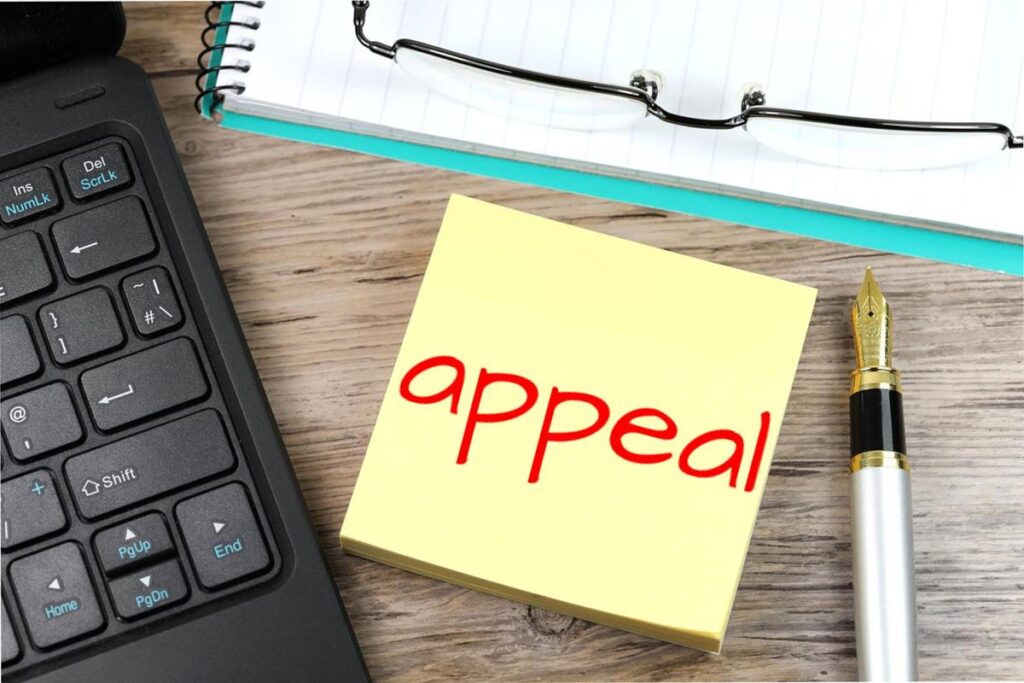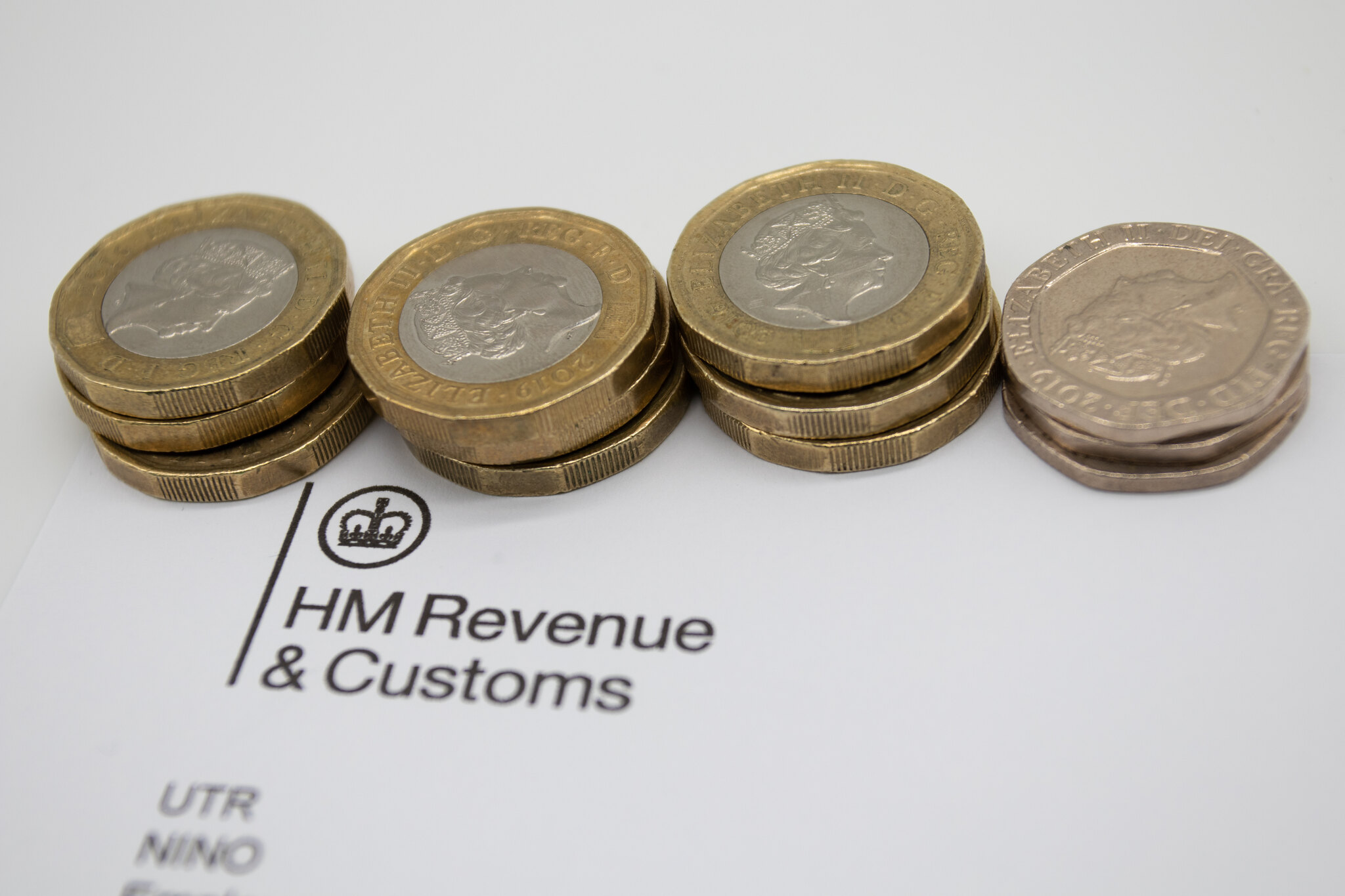As a small business owner, one crucial aspect of ensuring your business runs smoothly is filing Self-Assessment tax returns on time. If not, you are sure to receive a Self-assessment penalty, which will cause you endless trouble. Don’t be hassled—you can still submit a self-assessment penalty appeal if you feel that the penalty is unjustified.
Follow this structured guide to understand the systematic approach to present your case. If you need help, you can contact Cangaf & TaxCan Accountants.
HMRC Self-Assessment Penalty
The HMRC can impose penalties for different reasons. It could be due to –
- Late filing: You must file your self-assessment tax returns online by 31 January or on paper by 31 October. If you do not meet either of these deadlines, you will be charged a self-assessment late payment penalty of £100. The penalty increases after three months, so if you do not file the returns within three months of these dates, you will pay an even higher penalty. You can utilize the HMRC penalty calculator to estimate the exact penalty amount.
- Errors in your tax return: If errors are discovered in your tax return, it can result in potential penalties or further investigation by HMRC.
- Overdue payments: Timely payment of taxes is crucial to avoid penalties and interest charges. If you fail to make payments by the due date, HMRC may impose penalties and interest on the outstanding amount.
Grounds for Appeal

You can appeal the self-assessment penalty on different grounds. Remember, there must be an HMRC reasonable excuse. If there is a reason for an excuse, you can file an HRMC Self-Assessment Penalty appeal, either on your own or through a competent accountant.
It could be health-related issues or significant issues like a natural calamity, like fire or flood, or there could have been a death in the family. Another example could be a computer system failure or a technical glitch that prevented you from meeting your tax obligations. The general expectation in these cases is that you will submit the tax returns and pay the penalty after the excuse is resolved.
Sometimes, the reason could be external and not related to you. For example, some procedural delays from the HRMC can be a reason for penalizing you and may appear unjustified. In such a case, you might need help from experts to appeal the self-assessment penalty. Additionally, you can find the total penalty for self-assessment and interest using the HMRC penalty calculator.
What You Need to Know for a Self-Assessment Penalty Appeal?
- You need to know what to do when you receive a penalty. The first step should be to file your tax return, first because it is your obligation and second because it is mandatory. Otherwise, HMRC will reject your appeal, and the late filing fees will keep piling up.
- Secondly, you should pay the penalty too. This is required so that additional interest is not charged if you lose the appeal.
- Appeals must be filed within 30 days of the penalty’s issue. Remember, if the appeal is made after 30 days, you will also have to explain the delay.
- Another thing to remember is that if you have received a self-assessment penalty but your tax return is no longer pending, HMRC may proceed with canceling the self-assessment penalty. Use the HMRC website or contact their helpline to notify HMRC that your tax filing is not pending.
Documents Required for Submitting An Appeal for the Self-assessment Penalty
You must thoroughly collect all necessary papers and documents to support your appeal when submitting the HMRC penalty appeal. You need to collect crucial evidence, such as medical records, papers related to technical issues, or any other correspondence, to strengthen your case.
How to Appeal the Self-assessment Penalty?
There are two ways to proceed with the HMRC penalty appeal. The online appeal can be submitted using HMRC’s services. It is quicker. The following method is the postal appeal, where you need to fill out the SA370 form and send it to HMRC by post. A telephonic appeal can also be made. Use the Helpline number and mention your Unique Taxpayer Reference (UTR) number.
Procedure for an Online Self-Assessment Penalty Appeal
You can use the HMRC site to file an appeal against a late submission penalty of £100. You need to pay the money using your Government Gateway account. You must submit details like the date of filing the Self Assessment tax returns, the penalty issue date, and the HMRC reasonable excuse. On the successful submission of your appeal online, a confirmation message is sent along with the probable date of the result.
Procedure for a Postal Self-Assessment Penalty Appeal
You can download the SA370 form and complete the details online. If you have received a Self-assessment penalty from HMRC by post, you will find the appeal form SA370 enclosed. The instructions for filling out the form are mentioned, and you need to follow them to complete and post it simply. In the case of a partnership, the nominated partner can submit an appeal for a penalty for a late tax return using the form SA371.
Besides mentioning the UTR, your appeal also contains your name, address, and specifics about the penalty. The reason for the appeal should also be mentioned elaborately.
After Submitting Your Appeal
Once the appeal is submitted, the HMRC reviews it. The process will take some time, but the HMRC can request more information. You will be informed of the decision, and if the appeal is successful, the penalties can be reduced or canceled.
Assistance from Cangaf & TaxCan Accountants

As a small business owner, addressing self-assessment tax returns is imperative, but it does consume a lot of your time, and you need to be well-versed in the complex landscape. Timely returns can save you from penalties. But if you are penalized, it is another circle of stress and headache to take care of.
TaxCan Accountants are experts in this niche and offer comprehensive support in understanding the HMRC penalty appeal process. Our team will support you, gather and organize the required documents and evidence to support the reasonable causes and strengthen your appeal. The team then files the appeal on your behalf well within the required deadlines and criteria. We handle all communication with HMRC, taking the stress off your shoulders and letting you stay focused on your core business. Other than this, we offer you strategic advice and help you in tax planning to avoid future penalties, and your tax returns are filed within the required deadlines.
Contact us to let us help you tackle your HMRC penalty appeal and for strategic tax planning.




